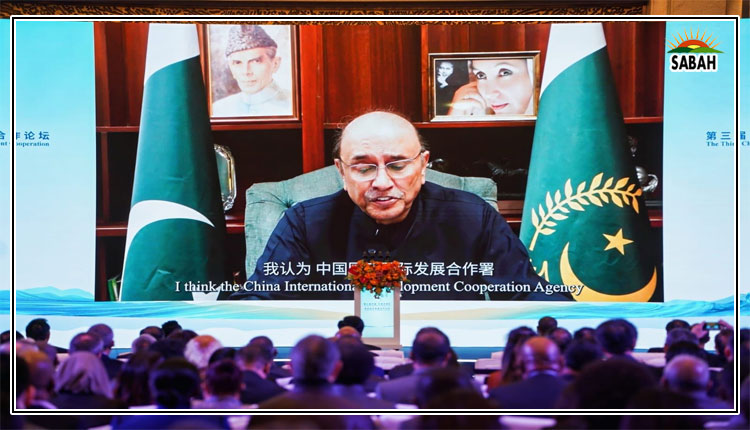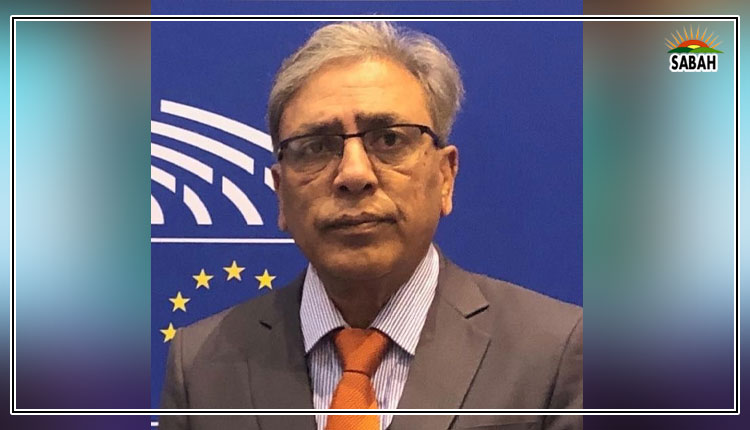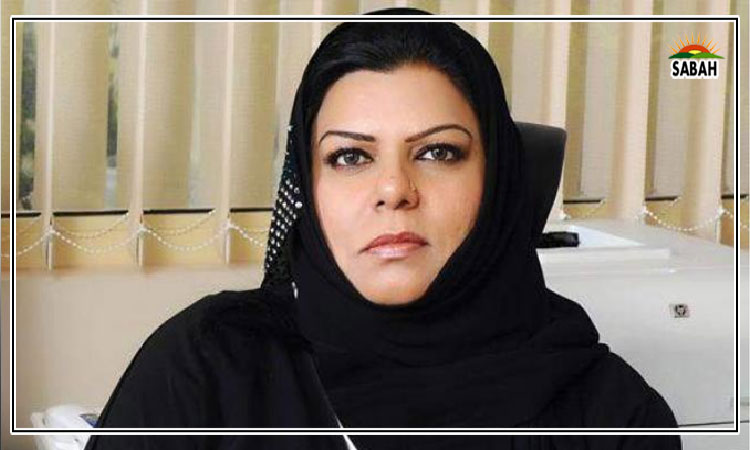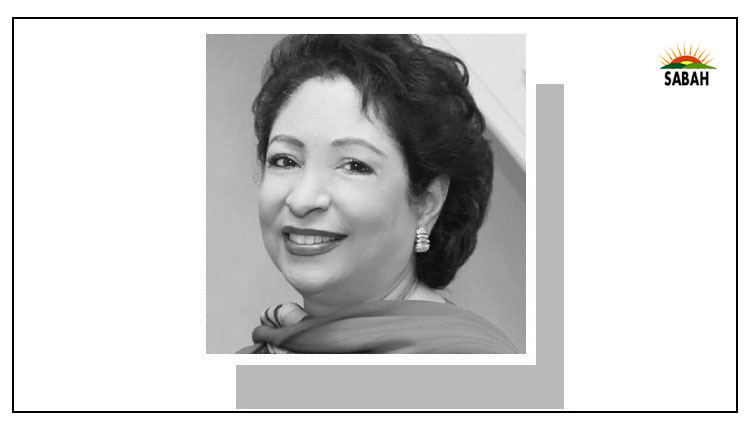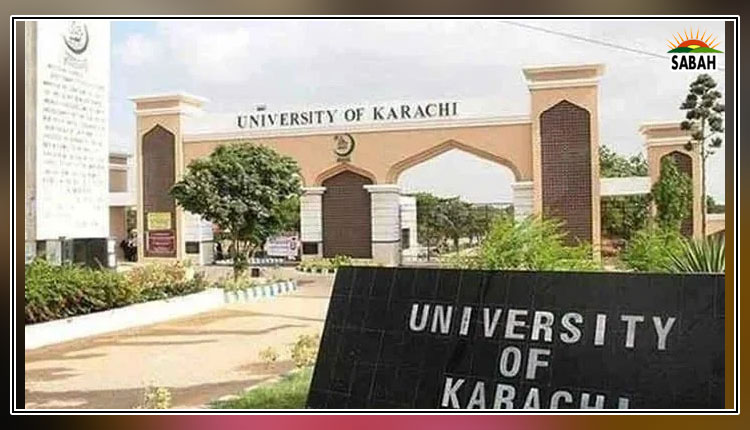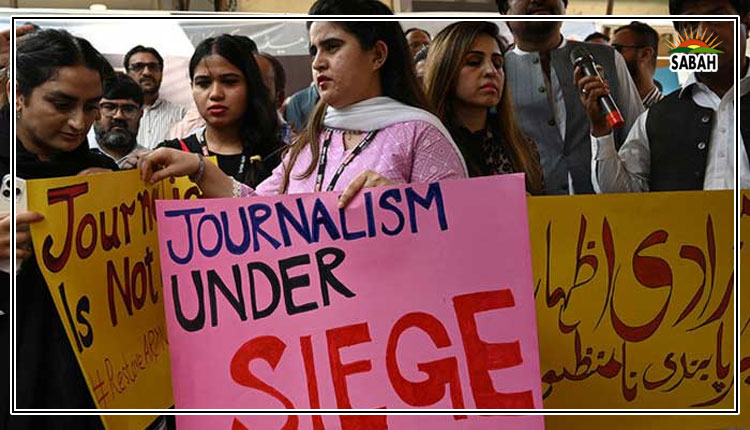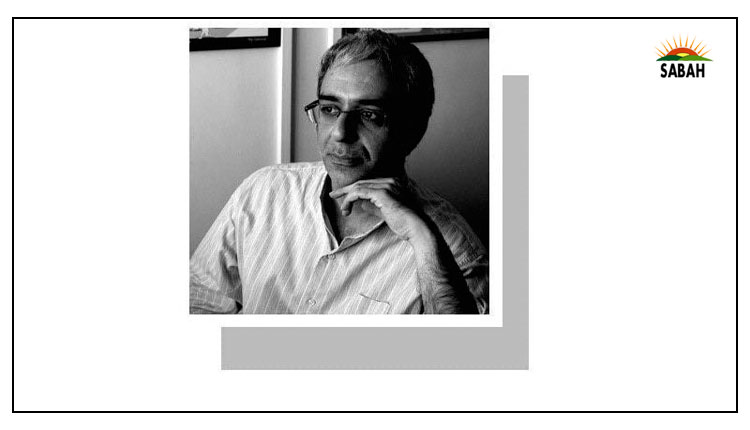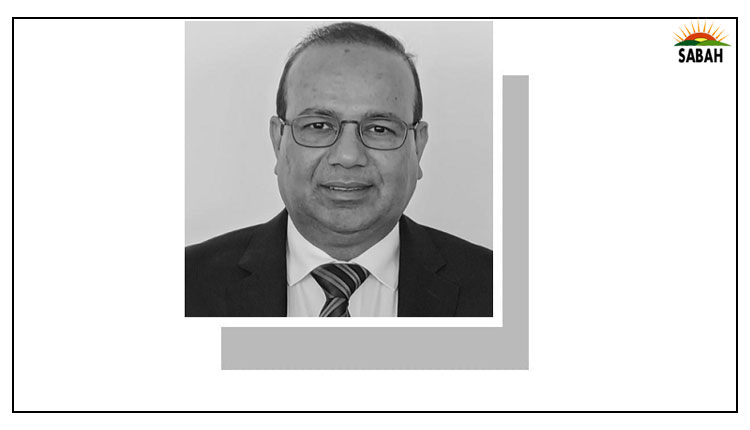Sindh’s new VC rules … Dr Javaid Laghari
The Sindh government cabinet recently approved an amendment to allow candidates with a Master’s degree to be eligible for appointment as vice-chancellors (VCs) of universities, replacing the longstanding requirement of a PhD.
This decision sparked opposition from university faculty, who argued that only “eminent academicians” should hold such roles. A major English newspaper described the move as “changes to Sindh’s universities law to pave way for bureaucrats’ hiring as VCs”.
This policy shift diverges significantly from global practices in higher education governance. In developed nations, universities prioritise leaders with deep academic and research experience, recognising that managing a university is fundamentally different from overseeing an administrative or corporate entity. Effective leadership in academia requires a nuanced understanding of the complexities of research, teaching, and global competitiveness.
The PhD, as the highest academic qualification, is typically achieved after three to five years of rigorous scholarship beyond a Master’s degree. Most universities worldwide stipulate that their presidents or VCs hold an academic credential equivalent to or exceeding the highest degree offered at the institution. While there are rare exceptions for individuals with extraordinary achievements or unique qualifications, these cases are anomalies rather than the norm.
The academic world operates without borders, necessitating that universities – even those in smaller or developing regions – maintain standards comparable to prestigious global institutions to remain competitive. As such, diluting the qualification requirements for academic leadership could undermine the international standing and effectiveness of universities.
Currently, among the presidents of the eight Ivy League universities, six hold a PhD while two have a JD (Juris Doctor) degree. The JD is a four-year postgraduate professional doctoral degree pursued after completing 16 years of education (12 years of school and 4 years of university), totalling 20 years. It is recognised as a professional doctorate, which distinguishes it from a Master’s degree which typically involves 16-18 years of education and does not carry the same academic equivalence.
The academic qualifications for university leadership have not softened over time; instead, they have become more rigorous. In an oped I wrote for these pages (‘In search of a vice-chancellor’, April 18, 2015), I detailed the Higher Education Commission (HEC) criteria for a VC position during my tenure as chairperson of the HEC. The eligibility required a PhD, a minimum of 12 years of teaching and research experience, at least 15 publications in HEC-recognised journals, administrative and financial management expertise in reputable institutions, and an age limit of 65 years.
Recognising the multifaceted demands of the role, we also introduced a comprehensive two-week orientation programme for newly appointed VCs, covering topics such as academic leadership, governance, financial management, strategic planning, and community building.
Serving as a VC is far more than an administrative job; it is one of the most demanding leadership roles. During the tenure of Dr Steven Sample, the president of SUNY Buffalo and a peer professor of electrical engineering, the university was ranked among the top 50 globally. In his influential book ‘Contrarian Leadership’, Sample emphasises the complexities of leading a university, noting that: “No manner of leader, save possibly a mayor of a large city, deals with as vast and complicated a cartography of stakeholders as does the head of a major American research university.”
Later, Sample’s leadership elevated the University of Southern California into the top 20 globally, exemplifying the level of expertise and vision required for academic leadership.
The qualifications for appointing a VC differ based on an institution’s goals, traditions, and organisational structure, but the following three core attributes are essential: one, academic qualifications. A PhD or equivalent terminal degree in a relevant field is generally required. Exceptions may include professional doctoral degrees like a JD or MD, particularly in institutions focused on professional disciplines. While there have been a few notable successes of non-PhD leaders, such as Shamsh Kassim-Lakha of AKU and Nisar Siddiqui of SIBA, these cases remain rare exceptions, not the norm.
Two, distinguished academic record. Proven excellence in teaching, research, and scholarly contributions is crucial, ensuring that the individual understands the academic and intellectual ethos of a university.
Three, professional experience. Significant leadership experience in senior academic or administrative roles such as provost, dean, or vice president is essential, demonstrating the ability to manage complex academic institutions.
In Pakistan, the meritocracy in VC appointments has deteriorated, leading to underwhelming leadership and a decline in the quality of higher education. The current proposal to appoint individuals with only a Master’s degree as VCs reflects a broader systemic issue, where failures of some PhD-holding VCs are used to justify lowering the bar for leadership appointments.
How does one go about selecting qualified academic leadership? The following are essential: one, a transparent selection process. Appointments must be based on merit and overseen by a selection panel comprising globally respected professionals who can operate independently and resist undue pressure.
Two, objective evaluation criteria. A transparent scoring system should be implemented, taking into account factors such as the global ranking of the institutions from which the candidate has graduated or served.
Three, the number and impact of research publications. Four, leadership achievements in academic institutions of repute. Five, tangible successes in previous roles. Six, recognition through honours and awards from credible organisations, and seven, public accountability – all relevant data about candidates should be publicly disclosed to ensure confidence in the process.
VCs, provosts, deans, and HEC chairpersons form a critical league of leaders who shape the future of higher education and the aspirations of the youth. To ensure their effectiveness, merit-based appointments are imperative. Transparent and credible selection processes will ultimately benefit universities, students, and the nation.


